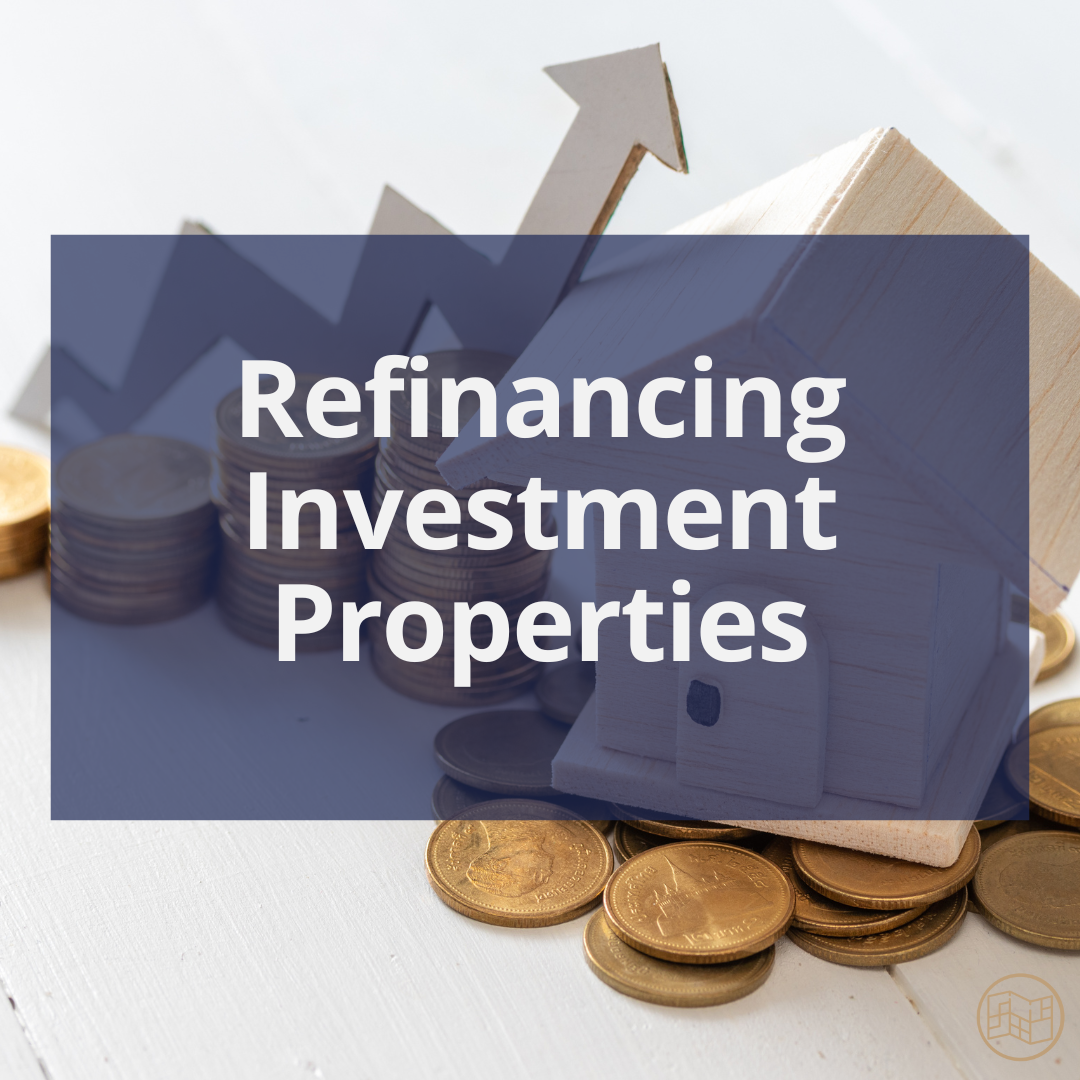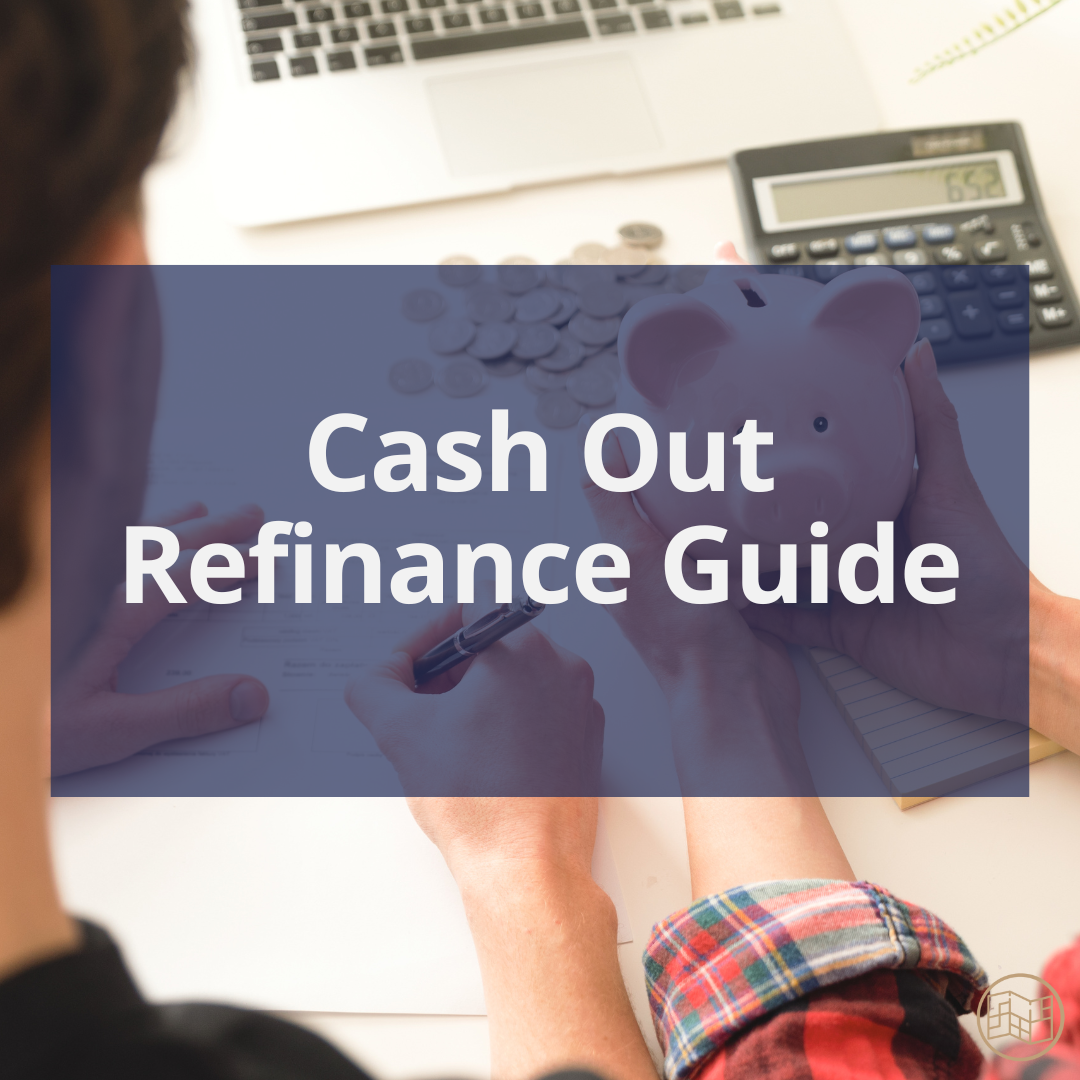Do I Need a Mortgage Broker to Buy a House in Ontario?
The decision of whether or not to use a mortgage broker when buying a home in Ontario depends on your unique circumstances. If you're looking for expert advice, access to a wide range of lenders, or need assistance with a complicated financial situation, a mortgage broker can be an invaluable asset. On the other hand, if you have a simple application and prefer to handle the process yourself, you may find it more efficient to work directly with a lender. Ultimately, it's about choosing the approach that works best for your needs, preferences, and financial situation. Regardless of which route you take, make sure you carefully compare mortgage products and rates, as this can have a long-lasting impact on your financial future.
A Quick Guide to Ontario Mortgage Lender Fees
For most Ontarians, purchasing a home is the largest financial commitment they’ll ever make. Between navigating mortgage approvals, appraisals, down payments, and closing costs, it’s easy to lose track of who gets paid—and how. One often misunderstood area is mortgage lender fees: who charges them, when they apply, and what’s considered normal. Understanding the basics of these fees—and when to ask questions—can save you thousands and help you avoid unintentional missteps.
Marry the Property, Date the Rate – Explained for Canadian Homebuyers
If you've been talking to realtors, mortgage brokers, or scrolling through TikTok and Instagram reels about home buying, you’ve probably heard the phrase: “Marry the property, date the rate.” It sounds cheeky, sure, but it carries real strategy—especially in a fluctuating interest rate environment like Canada’s. In this article, we’ll break down what this phrase means, how it applies to the current Canadian housing market, and why it’s more than just a clever quip—it’s a mindset that might help you land the right home without losing sleep over today’s mortgage rates.
Mortgage Closing Costs in Ontario - Explained
When you're buying a home in Ontario, it's important to understand that the cost of a mortgage goes beyond just the monthly payments. There are additional costs involved, especially when you reach the final stages of your home-buying journey. These are known as mortgage closing costs and include a variety of fees that need to be settled before you can officially take ownership of the property. In this article, we'll break down the typical mortgage closing costs in Ontario, helping you to be financially prepared for the home-buying process. Let’s dive into the essential costs you’ll encounter and what they involve.
Mortgage Discharge Fees in Ontario - Explained
When you decide to pay off your mortgage or refinance your home in Ontario, you may be faced with mortgage discharge fees. Understanding what these fees are, how they are calculated, and how they can impact your finances is crucial for homeowners. In this guide, we will explain mortgage discharge fees in Ontario, helping you navigate this important aspect of homeownership.
Gross Debt Servicing Ratio (GDS) for Ontario Mortgages – Explained
If you’re planning to buy a home in Ontario, understanding the Gross Debt Servicing Ratio (GDS) is a crucial step. This financial metric plays a key role in determining whether you qualify for a mortgage — and how much you can borrow. But what exactly is GDS, how is it calculated, and why does it matter so much to lenders? This guide will walk you through everything you need to know about GDS in the Ontario mortgage process.
Debt Ratios for Mortgage in Ontario – Explained
When it comes to buying a home in Ontario, getting approved for a mortgage isn’t just about how much money you make—it's also about how much debt you carry. Lenders use specific calculations known as debt ratios to evaluate whether you can realistically afford to take on a mortgage. The two most important ones? Gross Debt Service (GDS) and Total Debt Service (TDS). Understanding these ratios is critical, not only to secure mortgage approval, but also to ensure you’re not overextending your finances. In this guide, we’ll break down how debt ratios work in Ontario, what lenders look for, and how you can improve your chances of qualifying for a mortgage.
Refinancing Manufactured Homes in Ontario: Key Strategies
Refinancing a manufactured home in Ontario can be a practical solution for homeowners looking to lower their monthly payments, access cash, or secure a more favorable loan term. The process, however, can be a bit more complex compared to traditional home refinancing, given the unique nature of manufactured homes. For homeowners considering refinancing, understanding key strategies and the benefits of refinancing can go a long way in making an informed decision.
How to Refinance Investment Properties: A Complete Guide
Refinancing investment properties is a strategic financial move that can help property owners lower their monthly payments, access home equity, or finance additional investments. Whether you're looking to refinance to reduce your interest rate, access cash for renovations, or purchase another property, understanding how to navigate this process is essential for maximizing the potential of your real estate investments. In this guide, we’ll walk through the steps of refinancing an investment property, the various options available, and the benefits and challenges that come with it.
Cash Out Refinancing For Home Equity - A Quick Guide
Homeownership offers many advantages, one of the most notable being the ability to leverage your property’s equity. For homeowners looking to access some of the money tied up in their homes, cash-out refinancing is a potential solution. This financial strategy allows you to refinance your mortgage and take out additional funds based on your home equity. In this quick guide, we’ll break down cash-out refinancing, how it works, its pros and cons, and how you can use the funds.
Refinance Mortgage vs HELOC: Which Is Right for You?
When homeowners are looking to tap into the equity in their property, two common options come up: refinancing their mortgage or opting for a Home Equity Line of Credit (HELOC). Both of these options allow you to access funds, but they operate in different ways, and choosing the right one can have a significant impact on your financial situation. In this article, we'll explore the differences between refinancing a mortgage and using a HELOC, the pros and cons of each, and which option may be better suited for your needs.
FHSA or RRSP First?
Thinking about where to put your savings? Here’s why the First Home Savings Account (FHSA) should come before your RRSP—and how this strategy could save you more in the long run.












